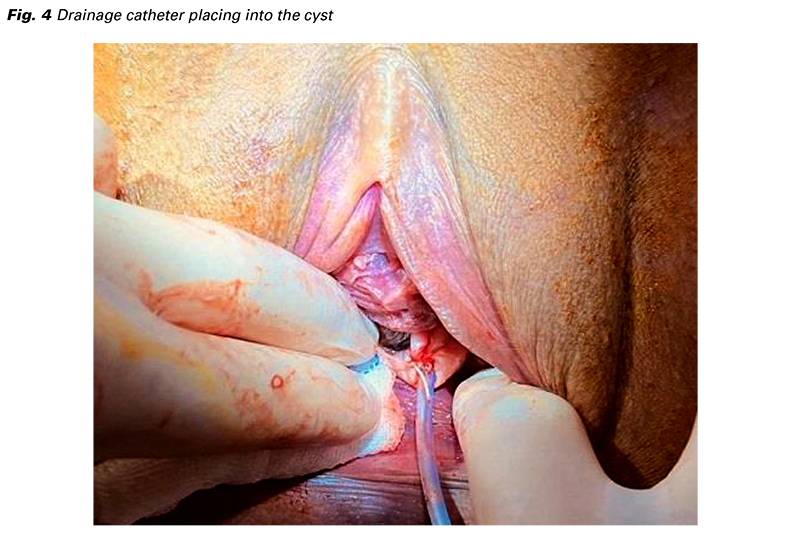Gynecological conditions affect many women worldwide. These may involve menstruation, infections, or reproductive health and can influence overall well-being. Regular consultations with a gynecologist can help address these issues. Here is an overview of common gynecological conditions to provide more insight and encourage proactive steps for health.
1. Menstrual Disorders
Menstrual disorders are among the most common issues addressed by a gynecologist. They include conditions like irregular periods, heavy menstrual bleeding (menorrhagia), painful periods (dysmenorrhea), and absence of menstruation (amenorrhea). These conditions can be caused by hormonal imbalances, underlying health problems, or lifestyle factors. Women experiencing changes in their menstrual cycle should be evaluated to address the cause and prevent potential complications.
Treatment for menstrual disorders varies depending on the specific condition. Hormonal birth control is often prescribed for irregular or painful periods, while other interventions may be recommended for underlying causes like thyroid issues or polycystic ovary syndrome (PCOS). Lifestyle changes, such as diet and exercise, may also play a role in managing symptoms.
2. Polycystic Ovary Syndrome (PCOS)
PCOS is a hormonal disorder that affects the ovaries and is a leading cause of infertility. Women with PCOS may experience irregular periods, excessive hair growth, acne, and weight gain. It also typically impacts mental health, leading to anxiety and depression. This condition, if left unmanaged, may also lead to long-term health challenges such as diabetes and heart disease.
Management of PCOS often involves a combination of lifestyle modifications and medical treatments. A gynecologist may recommend dietary adjustments, regular exercise, and medications to help regulate hormones and alleviate specific symptoms. Early diagnosis and intervention can significantly impact the management of this condition.
3. Endometriosis
Endometriosis occurs when tissue similar to the lining of the uterus grows outside the uterine cavity. This condition often results in severe pain, heavy periods, and fertility challenges. The pain caused by endometriosis often affects daily life, making it key to seek care from a gynecologist. While there is no cure for endometriosis, treatments like pain management, hormonal therapy, and surgery can provide relief and improve quality of life. Open communication with a healthcare provider is key to finding a treatment plan tailored to your individual needs.
4. Vaginal and Pelvic Floor Disorders
Conditions that affect the vagina and pelvic floor include pelvic organ prolapse, urinary incontinence, and vaginal atrophy (thinning and dryness of the vaginal walls). These conditions are more common as women age and significantly impact physical comfort, intimacy, and quality of life. Treatment often involves physical therapy, lifestyle changes, or medical interventions. Women experiencing symptoms of pelvic floor issues can benefit from consulting a gynecologist, who may refer them to a specialist for further care.
Prioritize Your Health by Visiting a Gynecologist
Understanding these common gynecological conditions highlights the value of regular check-ups and open communication with a trusted gynecologist. If you’ve been putting off your visit, there’s no better time than now to prioritize your health. Schedule an appointment with a gynecologist today to take positive steps toward managing your well-being. Your health deserves attention and care.
- mylovelyfurryfriend discover expert tips on dog health
- Infectious Diseases Updates – Stay Informed, Stay Protected!
- Wegovy For Weight Loss – A Breakthrough in Managing Obesity!
- Emergency Medicine Forum – A Hub for Fast-Paced Knowledge, Support & Updates!
- Pediatrics Discussions – Insights, Challenges, and Expert Advice for Better Child Health!





Leave a Reply